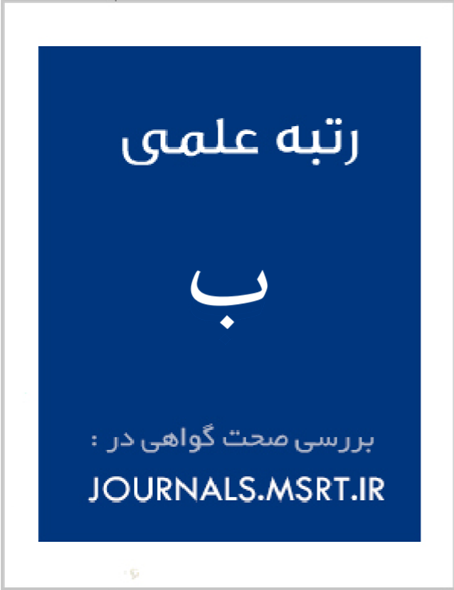Identifying the Elements of the Discourse of Virtue in Ethical Narratives Using Thematic Analysis
Keywords:
Islamic ethics, narrations, virtue, thematic analysis, virtue discourse, moral educationAbstract
The aim of this study is to identify the elements of the virtue discourse in Islamic ethical narratives using thematic analysis based on expert perspectives. This qualitative research employed thematic analysis to explore the discourse of virtue in ethical traditions. Data were collected through semi-structured interviews with 21 participants, including university professors, seminary scholars, and researchers in Islamic ethics in Tehran. Participants were selected purposively, and interviews continued until theoretical saturation was achieved. Transcriptions of interviews were coded and analyzed using NVivo 12. The analysis process included open coding, thematic categorization, theme extraction, and validation. The findings revealed three main themes: (1) Conceptual foundations of virtue (definition, types, origins, and relation to piety), (2) Action-based structures of virtue discourse (intention, internalization mechanisms, intrinsic motivation, and role models), and (3) Individual and social consequences of virtue discourse (spiritual growth, justice, and epistemological coherence). Ethical narratives employ metaphorical and symbolic language to foster internalization of virtue. The virtue discourse in Islamic ethical traditions is multilayered, operating through moral models, intention-centered action, and pedagogical mechanisms. It serves as a comprehensive moral framework for fostering individual character and social reform and can guide the development of value-based educational programs in Islamic societies.
Downloads
Downloads
Published
Submitted
Revised
Accepted
Issue
Section
License

This work is licensed under a Creative Commons Attribution-NonCommercial 4.0 International License.


